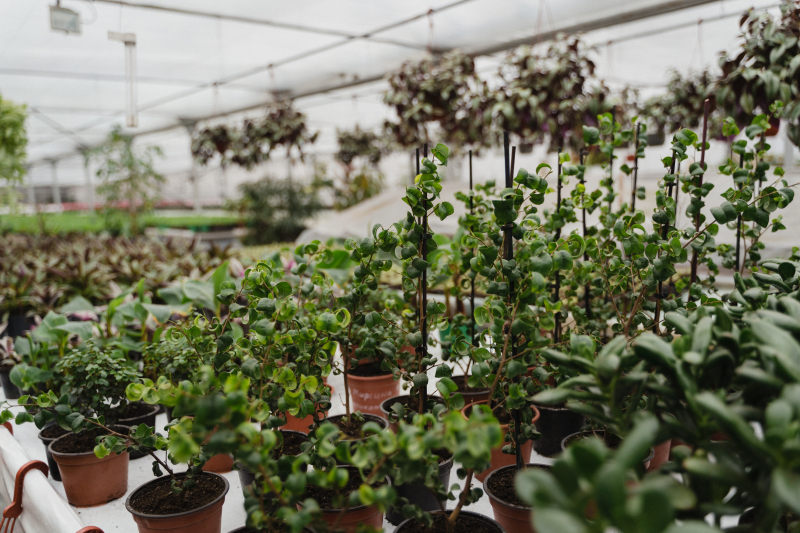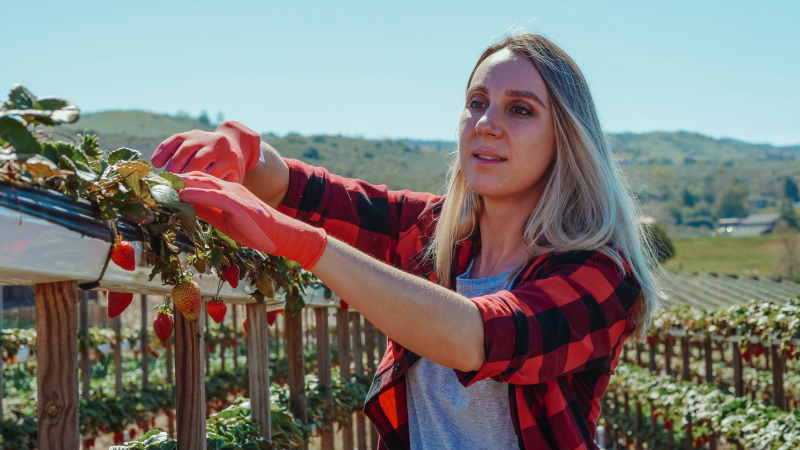Organic Food is 100% Organic

The fact that the food is truly organic, in the sense that you understand the term, is the one thing about organic food on which you should be able to rely. What exactly happens to organic crops will be covered shortly. However, the label of any organic ailment is currently where the issues begin.
When you consume an organic carrot, you probably assume it was grown without the use of pesticides, is non-GMO, and wasn't nourished with strange fertilizers. Indeed and no. Any ingredient that is listed as organic on the label may actually be 95% organic. This means that as long as the product is still 95% organic, it is OK according to labeling regulations if there was possibly any pesticide or fertilizer somewhere in the field.
100% organic ingredients are available, however the label must state "100% organic" and be certified. Of course, we'll talk more about it later and how perhaps that isn't even the case. When you purchase goods produced of organic ingredients, the situation for your organic diet slightly worsens. A box of organic crackers is far easier to spoof than a carrot. Federal standards allow for products to claim to be organic even though they only are 70% organic.











